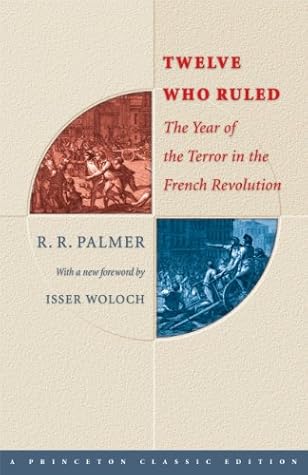Puy-de-Dôme was thus divided by a kind of class struggle, or, more exactly, by a struggle between the producers and the purchasers of food. The law worked out to the advantage of consumers, especially of poor consumers who were unable to pay what might be termed the bootleggers’ prices. The small bourgeois and hired laborers of the towns gave Couthon their support; landlords and merchants, and those peasants who owned or rented their farms, were thrown more definitely into the opposition.
Welcome back. Just a moment while we sign you in to your Goodreads account.


